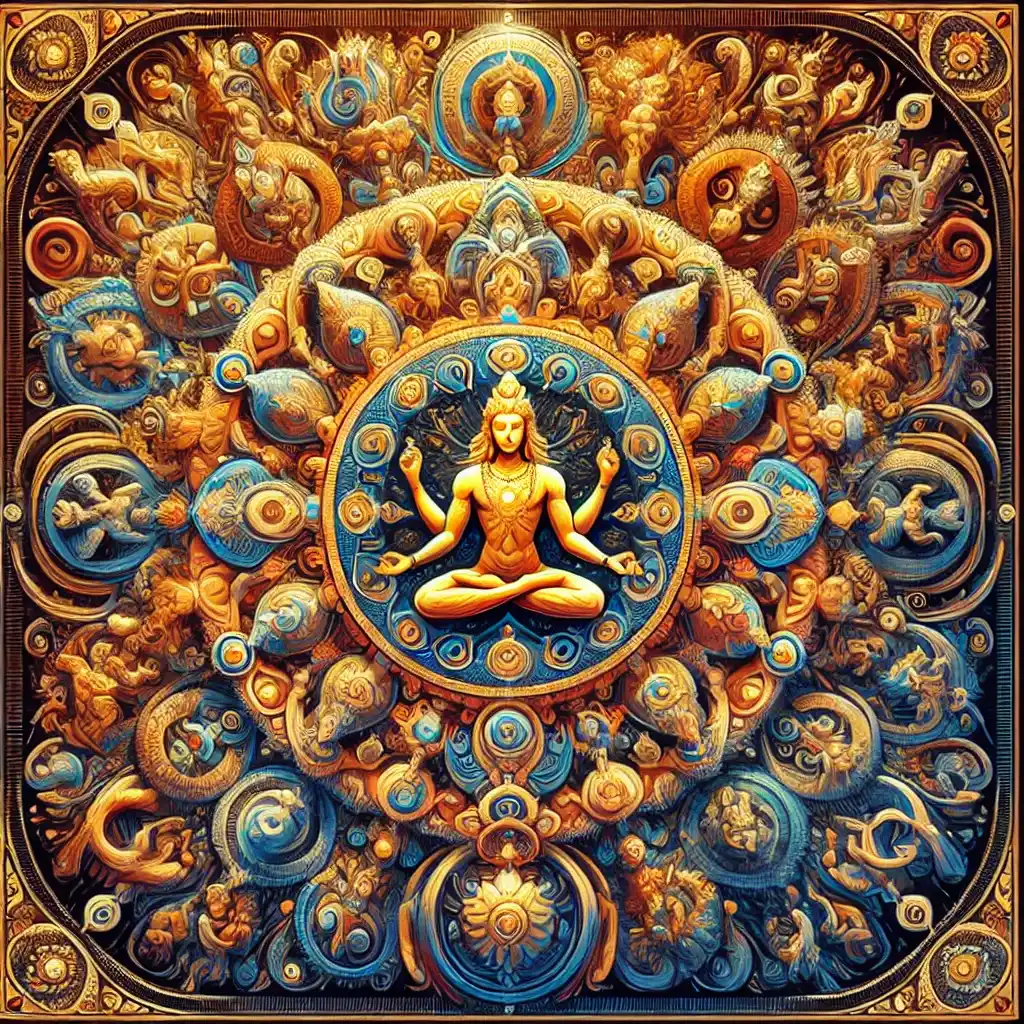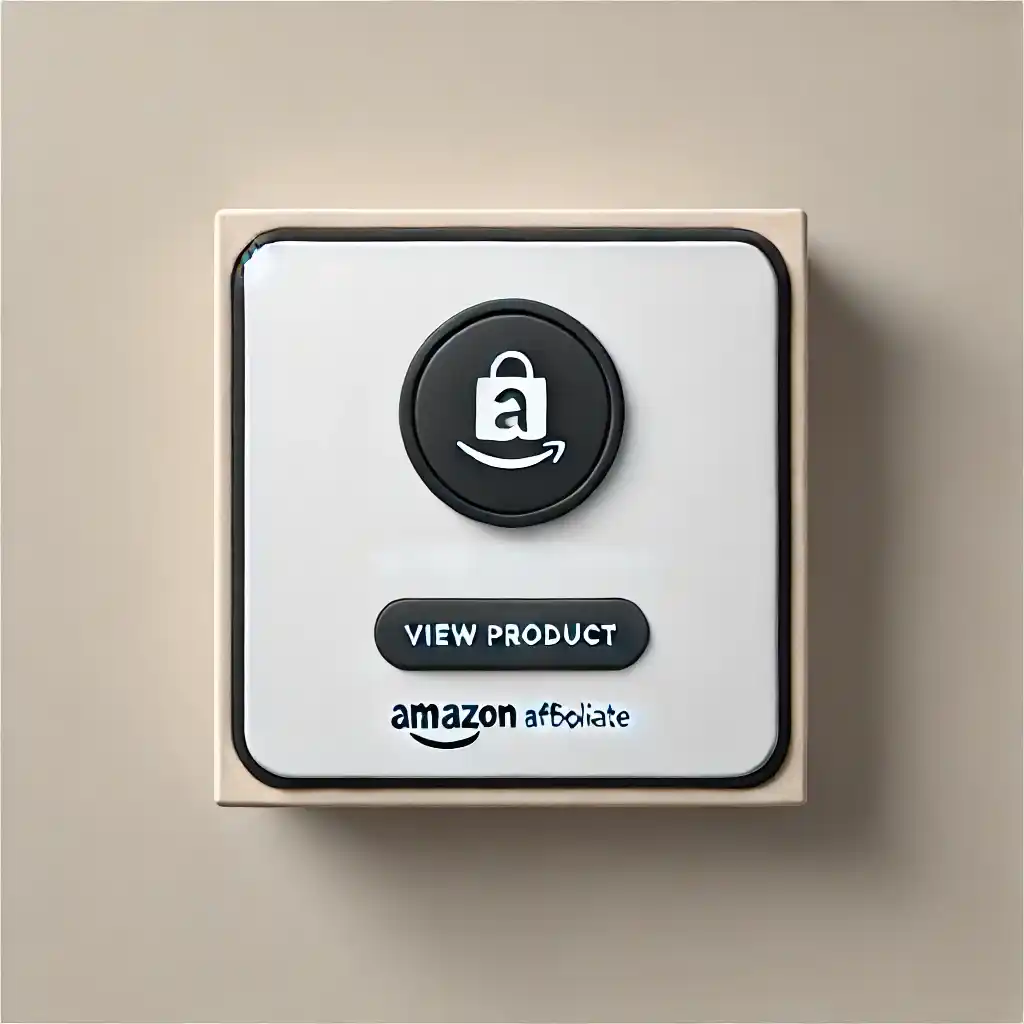
Spiritual Guidance and Inspiration
Unraveling the Myth: Are There Really 33 Million Gods in Hinduism?
Hinduism, one of the world's oldest religions, is often perceived as a faith with an overwhelming pantheon of gods and goddesses. A commonly held belief is that Hinduism has 33 million deities. But is this truly the case? Let's delve into the origins of this idea and understand the profound philosophy behind Hinduism's divine diversity.
The Source of the 33 Million Gods Myth
The concept of 33 million gods is rooted in a misinterpretation of ancient Hindu scriptures. The term "33 crore" (where "crore" in the Indian numbering system equals 10 million) often arises in discussions about Hindu deities. This figure, however, has been misunderstood over time.
In the Vedic texts, particularly in the Rigveda and Atharvaveda, the term "Trayastrimsati Koti" is mentioned. This Sanskrit phrase translates to "33 gods," but the confusion lies in the interpretation of the word "Koti." In Sanskrit, "Koti" can mean "type" or "class," as well as "crore" (10 million). Scholars believe that the original texts referred to 33 categories or classes of deities, not 33 million individual gods.
Who Are the 33 Gods in Hinduism?
The 33 gods mentioned in the Vedas are significant divine entities, each governing different aspects of the universe. They are typically classified as follows:
12 Adityas: Solar deities associated with various aspects of the cosmos, such as Mitra (friendship), Varuna (water), and Surya (the sun).
11 Rudras: Forms of Lord Shiva, representing different facets of destruction and regeneration in the universe.
8 Vasus: Deities of natural elements like fire, earth, wind, and water, representing the fundamental forces of nature.
2 Ashvins: Divine twin horsemen associated with health and medicine.
These 33 gods symbolize the fundamental principles that govern the cosmos, nature, and human life. They represent the diverse aspects of a single divine reality, rather than being separate and independent gods.
Understanding the Diversity of Deities in Hinduism
Hinduism is a religion of profound complexity and flexibility. Its rich tapestry of deities reflects the different ways in which the divine is perceived and worshipped. Each god or goddess in Hinduism is seen as a manifestation of the ultimate reality, Brahman. This belief allows for the worship of one god or many, depending on individual or community practices.
The idea of 33 million gods can be viewed as a poetic way to express the infinite manifestations of the divine. In Hindu philosophy, the divine is present in every aspect of the universe, and this notion of an all-pervading divinity can be seen as an expression of the infinite possibilities within the cosmos.
Conclusion: A Deeper Appreciation of Hinduism’s Pantheon
While the idea of 33 million gods is a captivating concept, it is crucial to understand its origins and the deeper meaning behind it. Hinduism’s pantheon is not about the sheer number of gods but about the diversity of divine manifestations that represent various aspects of life and the universe.
This rich diversity allows Hinduism to embrace a wide range of beliefs and practices, making it a truly inclusive and adaptable faith. Whether one worships a single deity or many, the underlying principle remains the same: all forms lead to the same ultimate reality, Brahman.
By understanding the true significance of the 33 gods mentioned in the Vedas, we gain a deeper appreciation of Hinduism’s spiritual richness and its profound philosophy that celebrates both unity and diversity in the divine.

Explore the latest and most popular products available on Amazon, handpicked for your convenience! Whether you're shopping for tech gadgets, home essentials, fashion items, or something special, simply click the button below to view the product on Amazon. We’ve partnered with Amazon through their affiliate program, which means that if you make a purchase through this link, we may earn a small commission at no extra cost to you. This helps support our site and allows us to continue providing valuable content. Thank you for your support, and happy shopping!